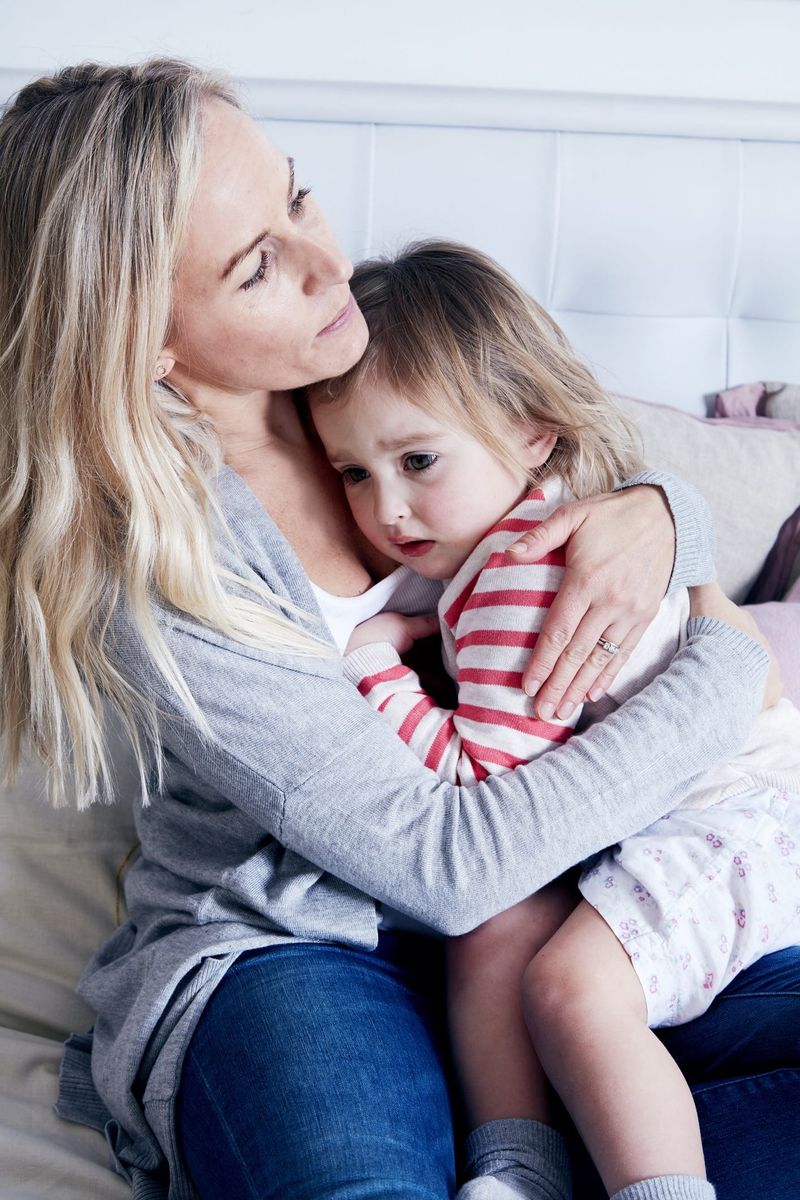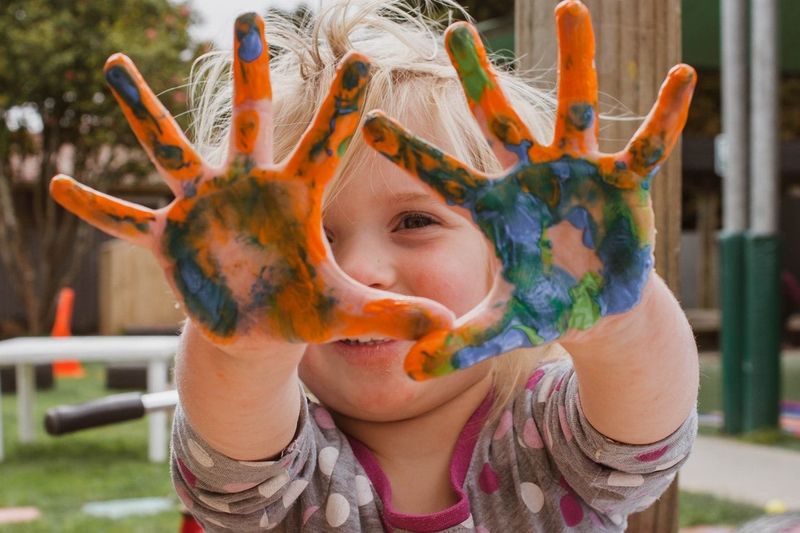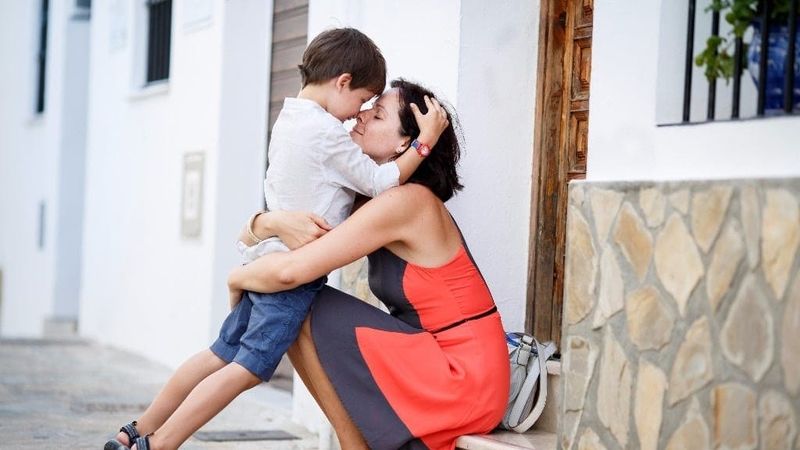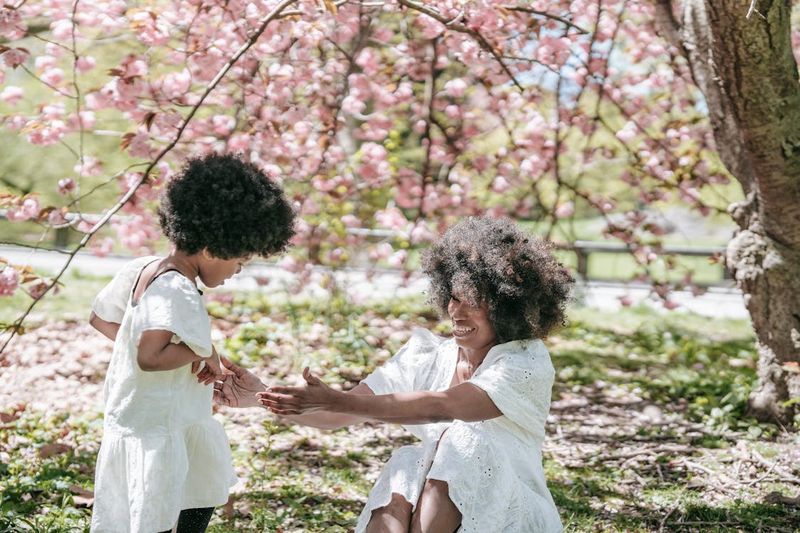20 Things I’d Never Do As An Adult, After Growing Up In A Strict Home
After growing up in a strict home, many adults find themselves reflecting on the parenting styles they experienced. This often leads to a conscious choice to avoid repeating the same patterns.
In this blog post, we explore 20 specific things one might choose never to do as an adult, based on those early experiences. Each item is a reflection of a desire for a different kind of relationship—whether with one’s children, partner, or self—grounded in understanding rather than control.
1. Criticize my kids for every small mistake

In a home where every mistake was magnified, I learned that criticism can diminish a child’s enthusiasm. As an adult, I choose to respond to mishaps with understanding. I want my children to feel safe making mistakes, knowing they are part of learning.
Mistakes should be opportunities for growth, not embarrassment. By encouraging open communication, I hope to foster a supportive environment. This doesn’t mean ignoring errors but addressing them constructively. By focusing on improvement rather than punishment, I can help my kids develop resilience.
2. Use fear as a way to keep peace at home

Fear is a powerful tool, but its effects are corrosive. Growing up, fear was often used to maintain order, but it stifled expression. I believe that a home should be a sanctuary of love, not fear. By promoting an atmosphere of trust, I aim to build genuine connections.
Laughter and play are the languages of my household. I seek to replace fear with joy and understanding. In doing so, I hope to nurture a sense of belonging and security. That’s the foundation of a peaceful home.
3. Demand respect without earning it

Respect is not a given; it’s a two-way street. I remember feeling that respect was demanded, not earned, during my childhood. Today, I work to earn my children’s respect through actions and empathy. By listening to them, I show that their opinions matter.
In turn, they learn to respect others. Mutual respect fosters a healthy relationship. By demonstrating respect, I teach my children to value it in others. This approach creates a harmonious family dynamic, where everyone feels valued.
4. Micromanage every part of their day

Autonomy is a gift I cherish, having grown up without it. I choose not to micromanage my children’s daily lives. Instead, I offer guidance with a light touch. This approach encourages independence and self-confidence. By allowing them to explore their interests, I support their personal growth.
I believe in providing opportunities for decision-making. This fosters a sense of responsibility and ownership over their lives. It’s a balance of support and freedom that empowers them to thrive.
5. Ignore their feelings because “adults know best”

Feelings were often dismissed in my childhood, overshadowed by adult authority. Today, I strive to validate my children’s emotions. By acknowledging their feelings, I show them that they are heard and respected. This teaches them emotional intelligence and empathy.
Open conversations help them articulate their emotions. By fostering emotional awareness, I guide them towards healthy relationships. Listening is more powerful than dictating. It’s about creating a space where feelings are valued, not ignored.
6. Expect perfection in school and hobbies

Perfection was the standard in my upbringing, a relentless pursuit that overshadowed joy. I encourage my children to embrace imperfection. Achievements are celebrated, but so are efforts. Whether in school or hobbies, I focus on passion over perfection.
By honoring their unique talents, I aim to nurture creativity. It’s about enjoying the journey, not just the destination. This perspective fosters a love for learning and self-expression. In my home, mistakes are part of the creative process.
7. Make decisions for them without listening

Decisions were often made for me without consultation. I’ve learned that involving my children in decision-making empowers them. By listening, I show respect for their perspectives. This encourages critical thinking and confidence. Family discussions are a staple in our home.
They teach negotiation and compromise. By valuing their input, I help them feel connected and respected. It’s not about control, but collaboration. This practice strengthens our bond and prepares them for future challenges.
8. Punish instead of teaching lessons

Growing up, punishment was swift and unforgiving. I believe in teaching lessons through understanding, not punishment. When mistakes happen, I aim to guide my children towards better choices. It’s about educating rather than reprimanding.
Open dialogues about consequences help them learn responsibility. Consistency and fairness are my guiding principles. By emphasizing growth over guilt, I foster an environment of trust.
9. Use guilt as a parenting tool

Guilt was a frequent companion in my childhood home. I’ve chosen a different path, where love, not guilt, is the foundation of my parenting. I communicate openly, ensuring my children understand my expectations without feeling pressured.
By emphasizing unconditional love, I help them navigate challenges without fear of disappointment. It’s about creating a nurturing environment where they feel valued. I aim to empower them with self-esteem, not burden them with guilt.
10. Avoid hard conversations about emotions

In my past, emotions were often swept under the rug. I’ve learned that embracing difficult conversations strengthens relationships. I encourage my children to express their feelings openly. This builds trust and understanding.
We address challenges together, fostering emotional resilience. By modeling emotional openness, I hope to break the cycle of silence. It’s about building bridges, not walls, to navigate life’s complexities. Our home is a safe space for honest dialogue.
11. Ignore mental health needs

Mental health was rarely discussed in my childhood. Today, I prioritize it as essential to well-being. I teach my children mindfulness and stress management techniques. It’s about recognizing and addressing mental health needs openly.
We talk about emotions and seek professional help when necessary. By normalizing mental health discussions, I aim to remove stigma. It’s about building resilience and understanding. Our family embraces self-care as a crucial part of life.
12. Treat affection as something to “earn”

Affection was conditional in my youth, tied to achievements. I believe love should be unconditional. I express affection freely, reinforcing my children’s sense of security. It’s about showing love through words and actions, without prerequisites.
This nurtures self-worth and confidence. By modeling unconditional love, I teach them to offer it to others. In our family, love is a constant, not a reward. It’s about building a foundation of trust and acceptance.
13. Refuse to admit when I’m wrong

Admitting mistakes was rare in my childhood home. I choose humility over pride. By acknowledging my errors, I teach my children accountability. It’s about setting an example of honesty and growth. Apologies are a powerful tool for connection.
They show that everyone makes mistakes and learns from them. This practice fosters mutual respect. In our family, admitting wrongs is a step towards understanding and reconciliation.
14. Treat my partner like a child, too

In a household where control was key, even partners could be treated like children. I believe in partnership grounded in respect and equality. My spouse and I work together, sharing responsibilities and joys. We communicate openly, valuing each other’s opinions.
By modeling a balanced partnership, we show our children what healthy relationships look like. It’s about building a life together, not dictating roles. This egalitarian approach fosters a loving and supportive environment.
15. Judge their career or lifestyle choices harshly

Growing up, career choices were often predetermined. I’m committed to supporting my children’s passions. Whether they choose traditional paths or unconventional ones, I celebrate their individuality. It’s about encouraging them to pursue what brings joy and fulfillment.
By valuing their choices, I help them embrace their unique journeys. My role is to guide, not judge. This approach empowers them to explore their potential without fear of criticism.
16. Insist they follow a specific life path

Life paths felt rigid in my youth, dictated rather than discovered. I encourage my children to forge their own paths. By exploring different interests, they learn what truly resonates with them. This approach nurtures individuality and self-discovery.
I offer guidance and support, but avoid imposing expectations. It’s about allowing them to navigate life’s journey with freedom. By supporting their choices, I foster independence and confidence.
17. Shut down their independence

Independence was often stifled in my childhood, replaced by control. I choose to nurture it in my children. By encouraging them to take on responsibilities, I empower them. It’s about offering guidance without overshadowing their autonomy.
By celebrating their achievements, big or small, I help them build self-confidence. Independence is a gift that prepares them for life’s challenges. By fostering it, I nurture resilient and capable individuals.
18. Dismiss their friends based on assumptions

In my past, friendships were scrutinized and often dismissed. I understand the value of diverse connections. I encourage my children to form friendships based on trust and shared interests. By welcoming their friends, I show acceptance and openness.
This teaches them to value others beyond assumptions. Friendships are vital for growth and understanding. In our home, they are celebrated as part of a rich life tapestry.
19. Use “because I said so” as my only explanation

Authority was often unquestioned in my upbringing. I believe in offering explanations rather than dictating rules. By discussing the reasons behind decisions, I teach my children to think critically. It’s about fostering understanding rather than blind obedience.
By engaging in dialogue, I empower them to question and learn. This approach builds trust and respect. In our family, curiosity is encouraged, and questions are welcomed as part of growth.
20. Forget that childhood shapes adulthood deeply

Childhood experiences are the seeds of adulthood. I strive to create a nurturing environment, knowing its lasting impact. It’s about providing love, stability, and opportunities for growth. By prioritizing a supportive home, I hope to lay a strong foundation for my children’s future.
Their childhood is a journey, shaping who they become. I aim to fill it with positive experiences, knowing they carry these into adulthood. It’s about planting seeds of kindness, resilience, and understanding.







